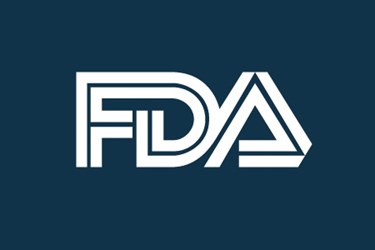FDA: Olympus Failed To Get Clearance For Scopes Linked To Superbug Outbreak
By Jof Enriquez,
Follow me on Twitter @jofenriq

The U.S. Food and Drug Administration (FDA) recently disclosed that the manufacturer of the duodenoscopes implicated in the superbug infection at UCLA did not receive clearance to sell the devices.
According to a CNN report, the FDA only discovered in late 2013 or early 2014 that Olympus did not file a clearance for an updated version of its TJF-Q180V duodenoscope, which it started selling in 2010. FDA rules require that manufacturers seek clearance for new models with substantive design changes.
Olympus reportedly redesigned the device by sealing the TJF-Q180V duodenoscope’s elevator channel part to make it more resistant to infection, according to CNN.
“The company clearly made these modifications to make the device safer, but it seems to be that it wasn’t safer,” Riley said, according to the report.
In a recent statement, Olympus said that, based on FDA policy, “a modification to our previously FDA cleared duodenoscope did not require a new 510(k) application to FDA prior to marketing the modified duodenoscope in the U.S. in 2010.”
However, CNN has learned that Olympus did try to seek clearance for the modified device last year at the FDA’s request. That application is still pending. Karen Riley, deputy director of strategy for the FDA's Office of External Affairs, told CNN that said she is not sure if the agency will penalize Olympus for selling the device without permission.
Olympus is reportedly the manufacturer of duodenoscopes linked to the recent superbug outbreak at the UCLA Ronald Reagan Medical Center that left two patients dead and put 179 others at risk. The device manufacturer had been recently sued by some victims of the outbreak at UCLA caused by carbapenem-resistant enterobacteriaceae (CRE) transmission.
Another major Los Angeles hospital, Cedars-Sinai Medical Center, recently confirmed that tainted Olympus duodenoscopes have been linked to at least 4 confirmed cases of CRE infection at the facility. It said 71 other patients have been advised to be tested for possible infection.
Both UCLA and Cedars-Sinai have said that they followed Olympus’ guidelines in cleaning and disinfecting its duodenoscopes used during endoscopic retrograde cholangiopancreatography (ERCP) procedures for biliary and pancreatic disorders. The FDA acknowledged in a recent communication safety alert that, “although the complex design of duodenoscopes improves the efficiency and effectiveness of ERCP, it causes challenges for cleaning and high-level disinfection.”
The FDA added that, in particular, “the moving parts of the elevator mechanism contain microscopic crevices that may not be reached with a brush. Residual body fluids and organic debris may remain in these crevices after cleaning and disinfection. If these fluids contain microbial contamination, subsequent patients may be exposed to serious infections.”
The agency said in the notice that it is continuously monitoring the situation regarding the transmission of antibiotic-resistant infectious agents by reprocessed duodenescopes. It said it is currently conducting reviews of reprocessing validation data from each of the three manufacturers marketing duodenoscopes in the United States, namely, Olympus, Fujifilm, and Pentax.
